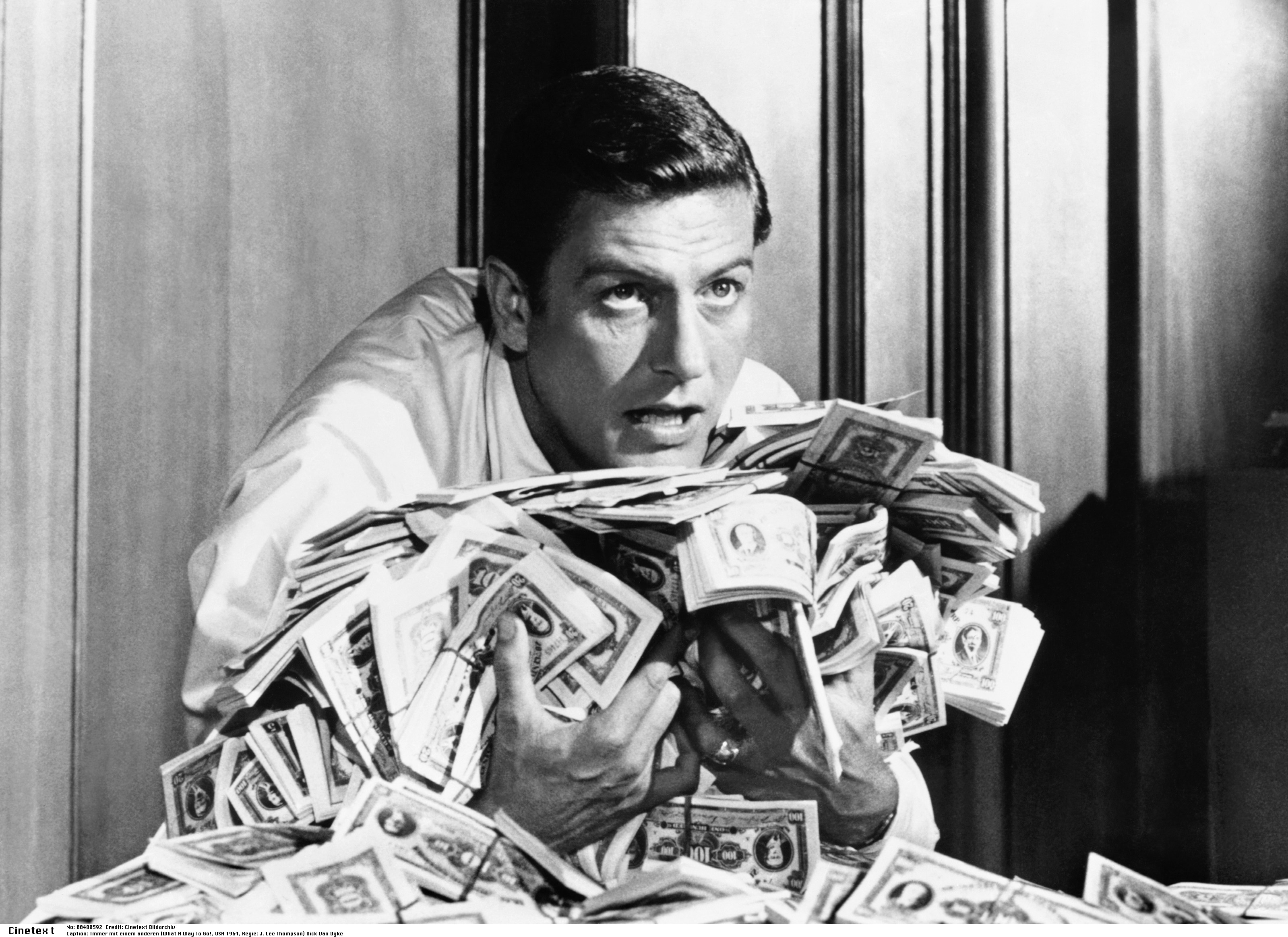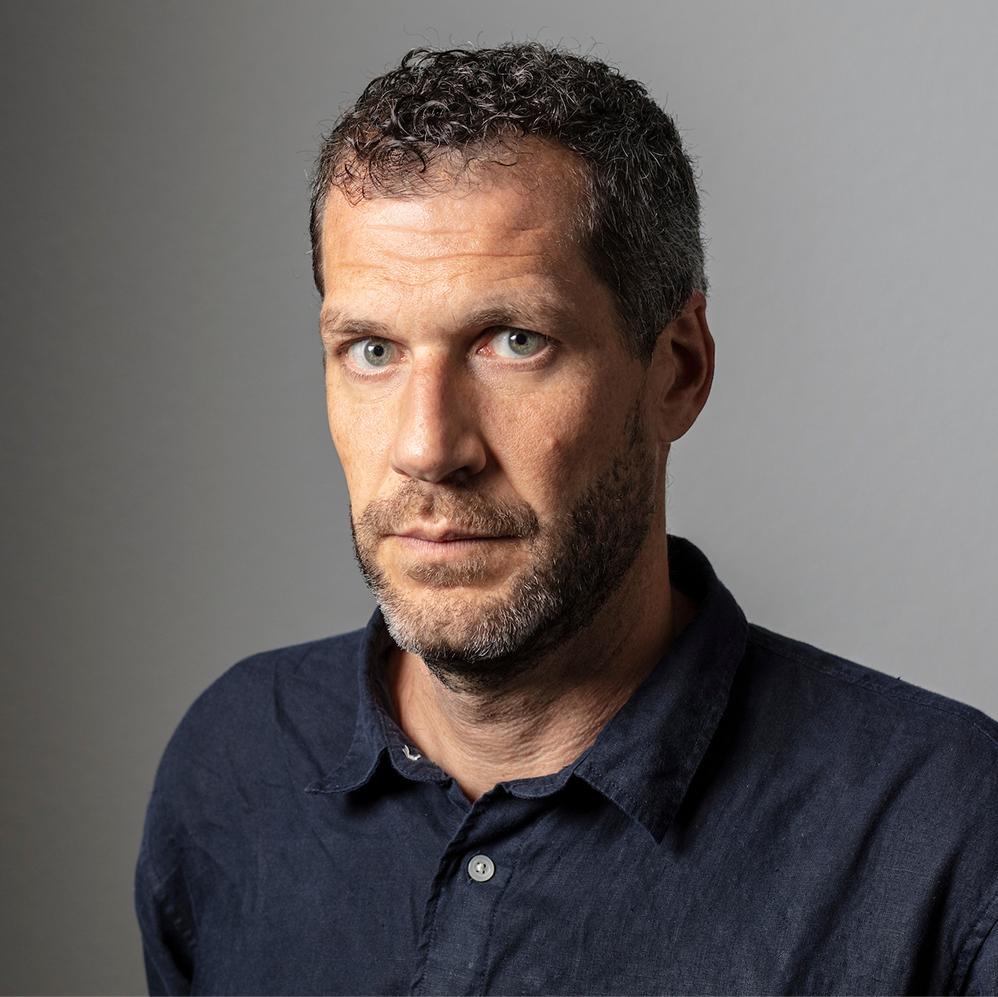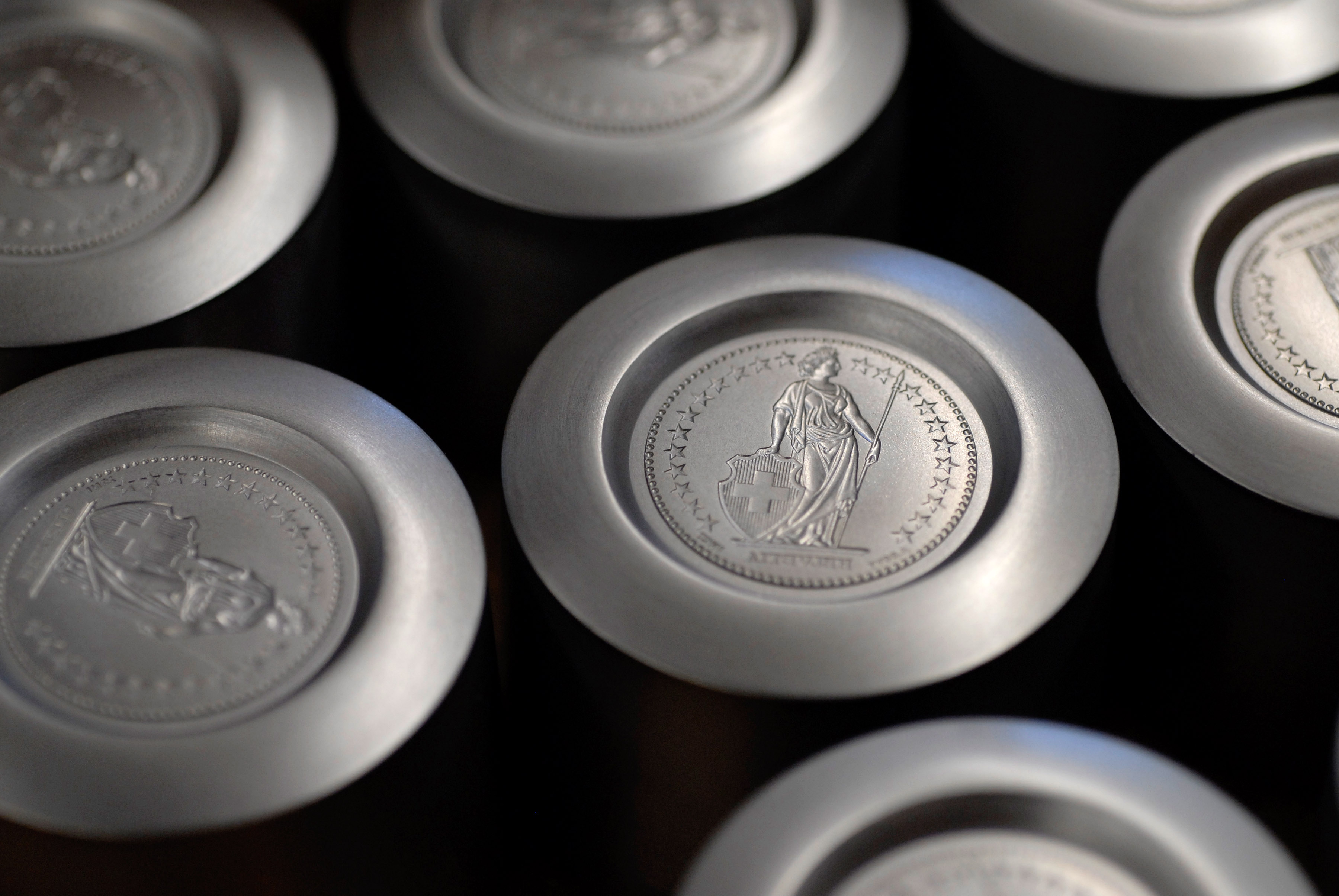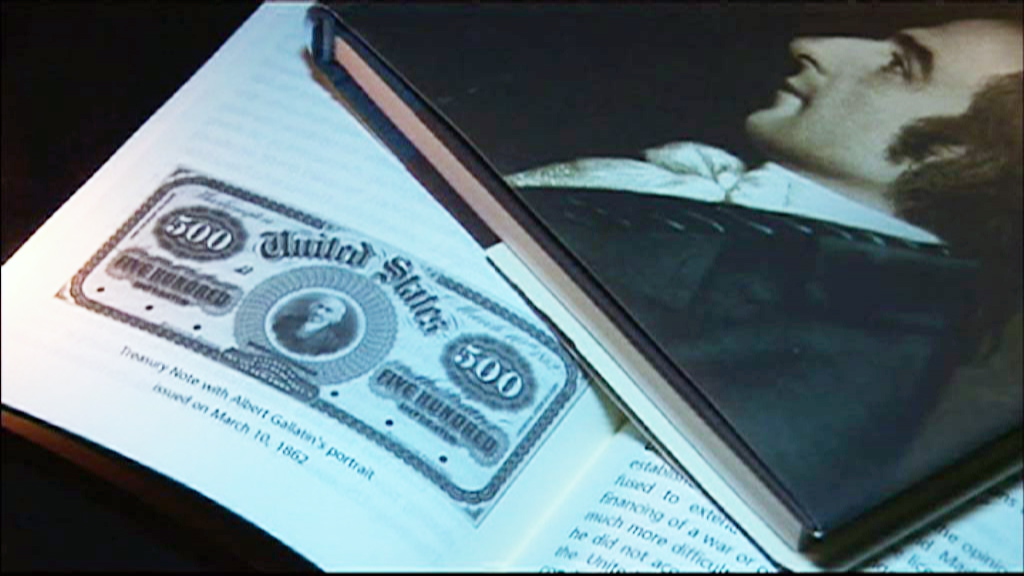Dollar faces collapse

The United States greenback has become the biggest speculative bubble in history and will soon go the way of the dinosaurs, warns Swiss financial journalist Myret Zaki.
In her latest book, Zaki says that the euro’s future is much brighter and that attacks against the currency are just a smokescreen aimed at hiding the collapse of the American economy.
“The collapse of the American dollar… is inevitable. The world’s biggest economy is nothing but an illusion. To produce $14,000 billion of nation income, the United States has created over $50,000 billion of debt that costs it $4,000 billion in interest payments each year.”
There can be little doubt about Myret Zaki’s opinion of the American dollar and economy, which she considers technically bankrupt, an opinion she backs up in her new book, La fin du dollar (The end of the dollar).
Over the past few years, she has become one of Switzerland’s best known business journalists, with a book about the UBS debacle in the US and another about tax evasion.
swissinfo.ch: You say in your book that the end of the dollar will be the major event of the 21st century. Aren’t you painting the situation more catastrophic than it really is?
Myret Zaki: I realise that predicting such a huge event when there are no tangible warning signs of a violent crisis may seem all doom and gloom. But I reached those conclusions based on extremely rational and factual criteria.
More and more American authors believe that their country’s monetary policy will lead to such a situation. It is simply impossible that it will happen any other way.
swissinfo.ch: It’s not the first time the end of the dollar has been foreseen. What makes the situation different in 2011?
M.Z.: It’s true that it has been announced since the 1970s. But never have so many different factors come together, letting us fear the worst. American debt has reached a record level, the dollar is at a historic low against the Swiss franc and most new American bond issues are being bought by the US Federal Reserve. Other central banks have also been criticising the US, creating a hostile front against American monetary policy.
swissinfo.ch: Besides the end of the dollar, you are also announcing the end of the US as an economic superpower. Isn’t America simply too big to fail?
M.Z.: Everybody has an interest in the US economy staying afloat, so everyone is in denial for the time being. But it won’t last forever. No one will be able to save the Americans. They will have to carry the burden of their bankruptcy alone.
They can expect a very long period of austerity, which has already begun. Forty-five million Americans have already lost their homes, 20 per cent of the population is out of the economic system and is not spending, while a third of states are bankrupt. No-one is investing their money in the country any more. Everything is built on debt.
swissinfo.ch: You claim that the weakening of the euro zone is nothing less than a question of national security for the United States. Isn’t that a kind of anti-American paranoia?
M.Z.: We all like America and we prefer to see the world through pink-tinted lenses. But since the end of the Cold War and the creation of the euro in 1999, an economic war has been going on. A competitive offer of sovereign debt based on a strong currency risks lowering demand for American debt.
The United States cannot afford to stop accumulating debt, because that debt has helped them finance wars in Iraq and Afghanistan and consolidate their leading role in the world. It is a vital need for them.
In 2008, the euro was a currency that was taken very seriously by oil-producing nations, sovereign funds and central banks. It was about to overtake the dollar, something the US wanted to prevent at all costs. The world needs a safe place to offload its excess assets and everything is done to make sure Europe isn’t that place. It was precisely at that moment that speculators began attacking the sovereign debt of some European nations.
swissinfo.ch: What will happen if the dollar collapses as predicted?
M.Z.: Europe is the planet’s biggest economic power and it has a strong reference currency. Unlike the United States, it is also expanding. In Asia, the Chinese yuan will become the reference and China is Europe’s biggest ally.
It has an interest in supporting a strong euro so it can diversify its investments. China also needs an ally within the World Trade Organization and the G20 so it can avoid a re-evaluation of its currency. Today, Europe and China are two gravitational forces that are attracting two former US allies, Britain and Japan.
swissinfo.ch: And what about the Swiss franc?
M.Z.: Its value as a safe haven will keep on growing. If there is a crisis concerning the US sovereign debt, investors will turn in mass towards the franc. The Swiss franc has almost the same status as gold and it isn’t about to lose ground against the dollar.
In a monetary system undergoing change, Switzerland will have to decide which way to jump. I’m not convinced the Swiss franc can survive alone, as its position as a safe haven would be too detrimental to Switzerland’s economy.
Myret Zaki, born in Cairo, Egypt in 1973, is the deputy editor-in-chief of the French-language business magazine, Bilan.
Before that, she was a senior financial journalist at the Geneva-based Le Temps newspaper between 2001 and 2009, specialising in banking and finance.
In 2007, she published a book on the UBS bank crisis that became a national bestseller. Last year, her second book focused on what she called the end of Swiss banking secrecy.
Zaki began her career in the financial sector in 1997, at Geneva private bank Lombard Odier &Cie where she oversaw Swiss equity research publications.
The dollar is considered the standard unit of currency in international markets for commodities such as gold and oil. Some non-US companies dealing in globalized markets also list their prices in dollars.
The dollar is the world’s foremost reserve currency. In addition to holdings by central banks and other institutions, there are many private holdings.
American economist Paul Samuelson and others have warned that overseas demand for dollars allows the United States to maintain persistent trade deficits without causing the value of the currency to depreciate or the flow of trade to readjust.
But Samuelson stated in 2005 that at some uncertain future period these pressures would precipitate a run against the dollar with serious global financial consequences.
(Adapted from French by Scott Capper)

In compliance with the JTI standards
More: SWI swissinfo.ch certified by the Journalism Trust Initiative






You can find an overview of ongoing debates with our journalists here. Please join us!
If you want to start a conversation about a topic raised in this article or want to report factual errors, email us at english@swissinfo.ch.